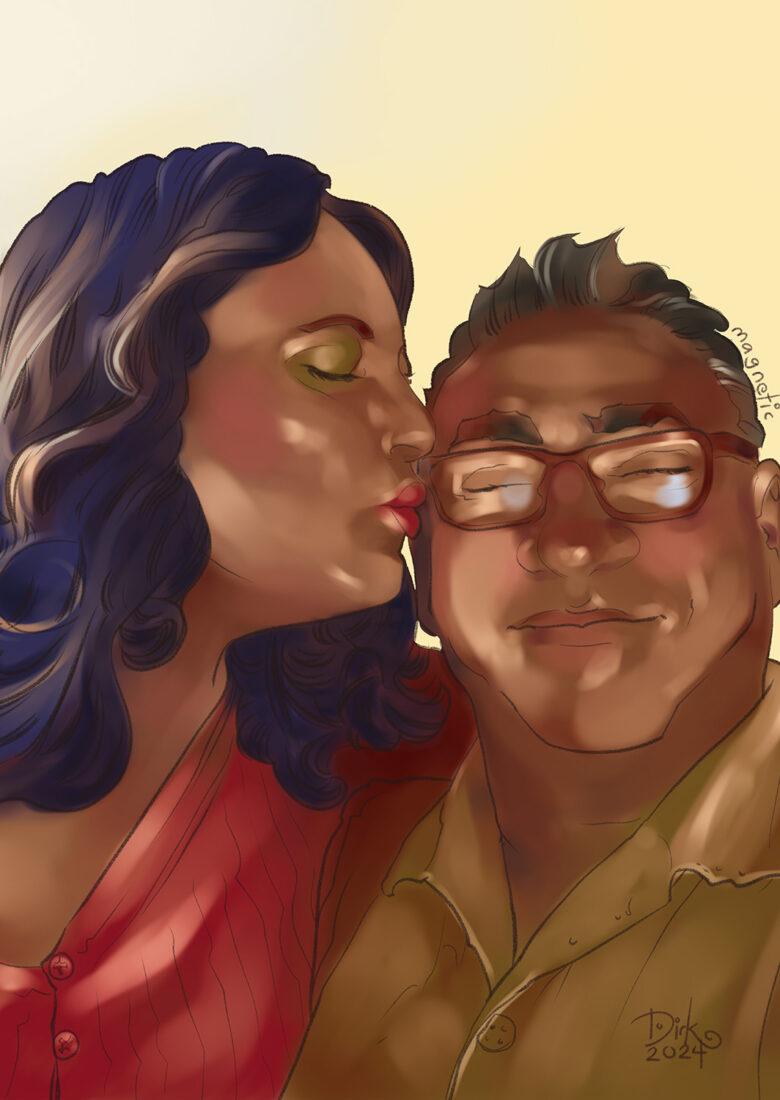
Money Trouble
April 30, 2025
On Force and Power
May 9, 2025There is a child’s nursery rhyme that goes, “Sticks and stones can break my bones by words will never harm me!” I was watching TV the other night and that rhyme came up. Since then it’s been noodling in my head as the basis of a conversation. First of all, as lived, life occurs in language. One way to sort through this idea is to look at what the experience of Helen Keller, of deaf dumb and blind fame, shared as she discovered language, she said, “Before my teacher came to me, I did not know that I am. I lived in a world that was a no-world. I cannot hope to describe adequately that unconscious, yet conscious time of nothingness. I did not know that I knew aught, or that I lived or acted or desired. I had neither will nor intellect. I was carried along to objects and acts by a certain blind natural impetus. I had a mind which caused me to feel anger, satisfaction, desire… When I wanted anything I liked,–ice-cream, for instance, of which I was very fond,–I had a delicious taste on my tongue (which, by the way, I never have now), and in my hand I felt the turning of the freezer. I made the sign, and my mother knew I wanted ice-cream. I “thought” and desired in my fingers.”
It’s a very revealing statement. Language gives us life. Experiencing things we label with words explains them to us in real sense. Love means more to me now that I live as one who is loved, for example. In the past, the word love did not really amplify anything that vaguely resembles “love” to me now as lived. I say this because it illustrates how powerful words are. When I was a young child, and my mother beat me with a stick, I understood her love to be painful, scary, and stressful. When I considered what love was reported to mean as a young child, I realized that I was not worthy of love, and I declared myself unlovable. That story carried through my life until I met Petra.
It was her selfless acts of love, since “love” is in fact a verb, that broke my resistance allowing me to experience being loved. Love occurs to me now as a completely different word than it did through the course of my life. I appreciate that, and it has me considering how we speak to each other as people.
It turns out that we often experience conflict with someone we love from a defensive crouch. We say things, and then they say things, Sometimes we speak disrespectfully when we are upset and we say things that we really don’t mean, and then assume that when we apologize for saying those things later, we are back to where we were. Here is the problem, we do not know what the internal dialogue is that is occurring over there that causes the person we are yelling at to react internally in a manner that a simple apology undoes. I will give you an example. My brother once said some nasty things to me that really hurt my feelings. I was unapologetic about letting him know that he had really upset me, and that I found his words so hurtful. In fact, I told him that I would not tolerate that sort of thing from him again. He nonchalantly said, “Oh, I’m sorry,” but he did not deal with the impact of his words. It took something for him to sit down with me and confront how his words had impacted me and landed for me, as well as how hurtful they were. He had a chance to make amends, which calmed the waters. My point is this, its often the words that hurt the most.
The rhyme should say, “Sticks and stones can break my bones, but words will really hurt me!”
When this sort of thing happens, I think that the important thing to do is to deal with the impact that the words you spoke had on the listener. You could say something like, “When I said “x”, how did that impact you?” That simple question gets you a lot closer to being able to truly make amends. By dealing with the felt consequences of the words you spoke, you have a real chance for your apology to hold, and for you to make progress in your relationship.
The trajectory is this, we get language, we hear the word “NO!”, we make up a story about what that means, we carry that story through our lives giving us context for our circumstances, then at some point we bark at someone we love because an unhappy three year old is running the show. If you are on the receiving end of this attack, then instead of saying the old nursery rhyme, invite the speaker to address the real life impact on you for the terrible things that were said.
Unlike the message of that old rhyme, I say that words are really powerful thought bombs that explode in your brain. Treat them with care!



